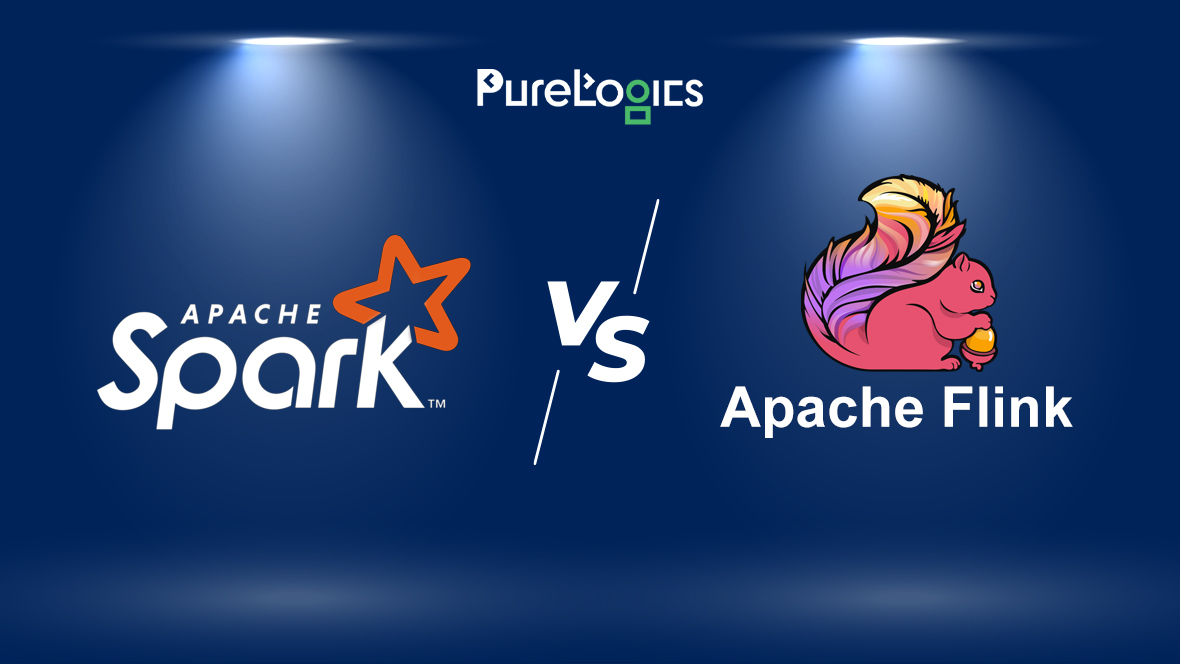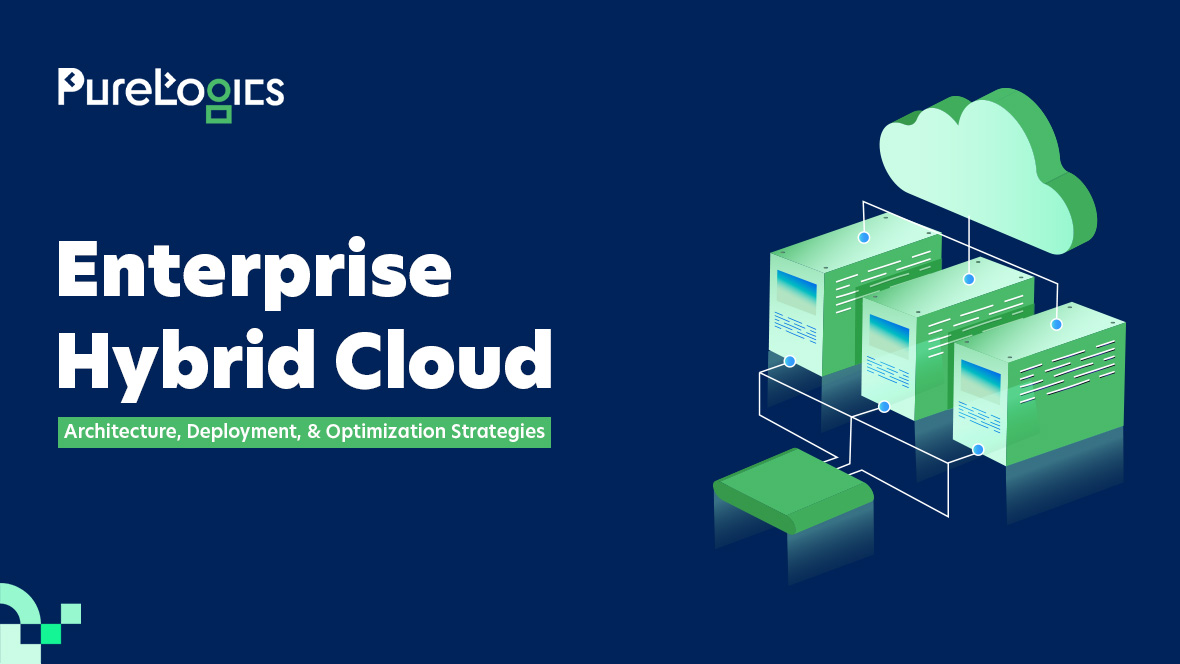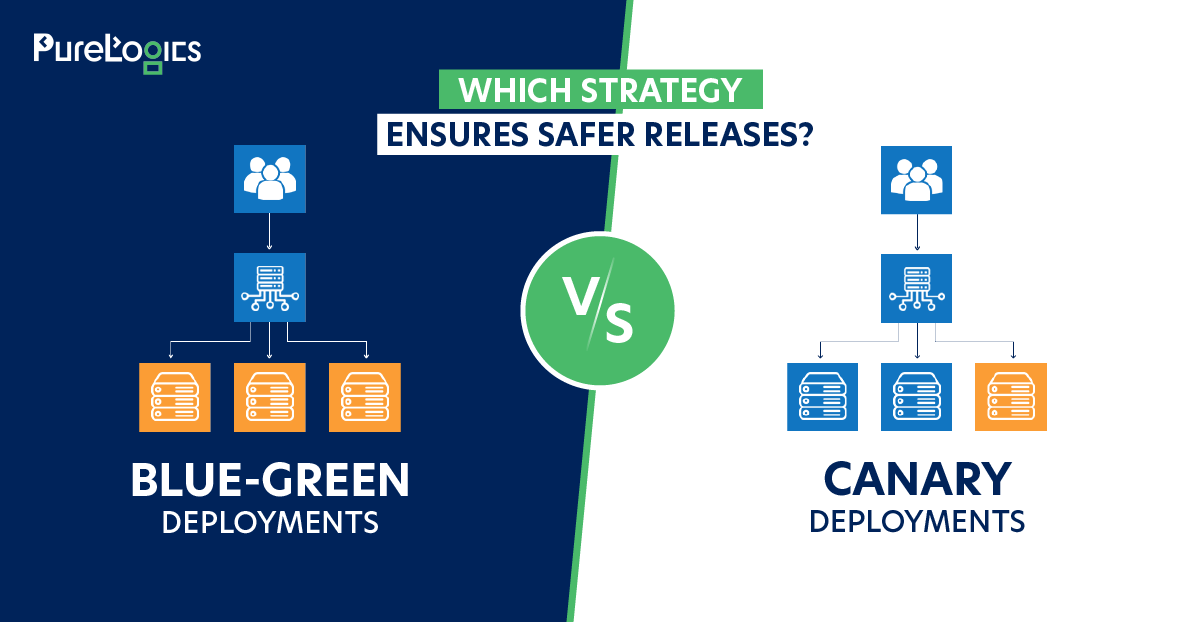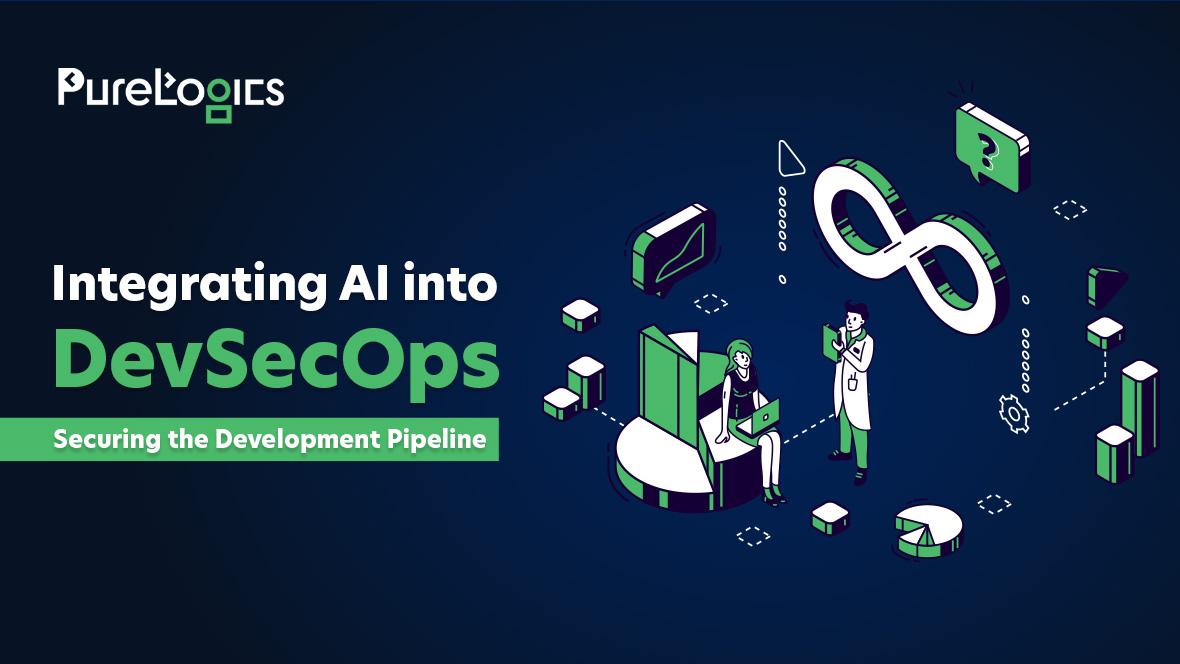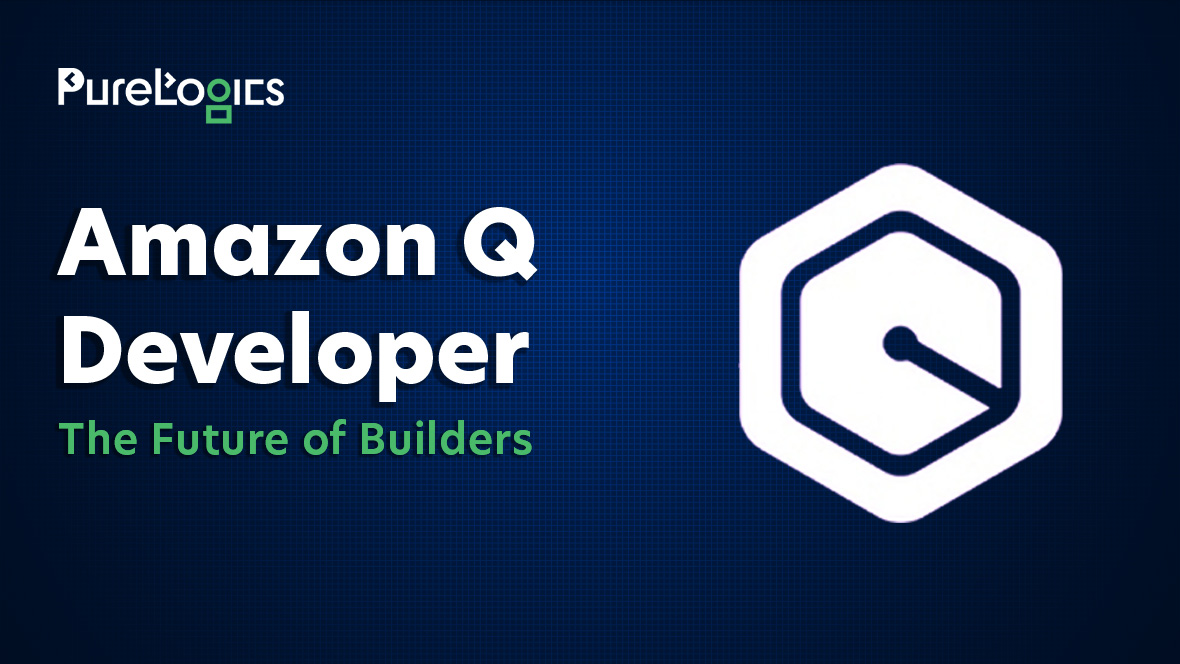In the present-day digital world, we generate more than 2.5 quintillion bytes of data every day. Businesses always seek powerful and reliable tools to process and get an advantage from this colossal amount of data. One thing that can make a difference is the selection of a good data processing framework. Choosing the right framework means businesses will acquire valuable insights from the raw data.
Apache Spark and Apache Flink are two popular data processing frameworks for big data and analytics. Both stand out as reliable tools, each with unique architecture and functionalities. ‘Apache Spark vs Apache Flink’ is one of the frequently asked queries on the internet. Let’s explore the similarities and differences between these two data processors. This guide will help you opt for the right framework for your business needs.
Significance of Data Processing Frameworks
We all are aware of the fact that the volume of digital data is growing at a great speed. Businesses that are attempting to use big data can face challenges of adaptability and efficiency. Data processing frameworks and tools are required solutions. It is because they have the potential to support all types of data operations, such as ingestion, storage, and transformation, even when you’re processing terabytes of data.
They provide companies with multiple essential tools and APIs that give them flexibility to perform tasks. These tasks can range from ordinary operations to machine learning (ML) modeling. Moreover, data processing frameworks provide you with complexity abstraction. It simplifies the entire mechanism of development and debugging of data processing apps.
On the whole, a data processing framework works by sharing the workload with different nodes in a cluster. There are also some frameworks that can process real-time data; they allow you to evaluate data when it comes. Other frameworks are designed to process batch data. This is extremely beneficial when you perform retrospective analysis.
Simplify Complex Data Operations with Ease
Choose the right framework for seamless data ingestion, transformation, and storage
What is Apache Spark?
Apache Spark is an open-source distributed computing system. It has been designed for fast and flexible data processing. Initially developed at UC Berkeley’s AMPLab, it became a top-level project of the Apache Software Foundation.
Apache Spark is being widely used due to its capability to perform extensive data analytics efficiently. Spark offers a unified and comprehensive platform for batch processing, machine learning, stream processing, and graph processing.
What is Apache Flink?
Apache Flink is another popular open-source stream processing framework. It specializes in handling real-time big data analytics.
Berlin-based Data Artisans developed it and later donated this framework to the Apache Software Foundation. When it comes to high-throughput and low-latency data processing, Apache Flink is a popular choice for businesses.
Apache Spark vs Apache Flink: Key Features
| Feature | Apache Spark | Apache Flink | Winner |
| Processing Model | Micro-batch processing for streaming data | True stream processing | Apache Flink |
| Latency | Higher latency (due to micro-batching) | Low latency (real-time processing) | Apache Flink |
| Ease of Use | User-friendly APIs in multiple languages | Steeper learning curve for complex features | Apache Spark |
| Fault Tolerance | Resilient Distributed Datasets (RDDs) | Checkpointing for exactly-once processing | Apache Flink |
| Event Time Processing | Limited support for event time | Strong support for event time and late events | Apache Flink |
| Batch Processing | Strong batch processing capabilities | Supports batch but primarily focused on streams | Apache Spark |
| Ecosystem Integration | Integrates well with Hadoop and other tools | Compatible with various data sources but less integrated with Hadoop | Apache Spark |
| Machine Learning Support | MLlib for scalable machine learning | Limited ML capabilities (FlinkML) | Apache Spark |
Apache Flink vs Spark: Similarities
Even though there are differences, Flink and Spark share several similarities. Let’s have a quick overview!
Distributed Data Processing: Both frameworks can handle large volumes of data. They distribute their tasks across different machines, which enables them to scale as the available data increases.
High-Level APIs: Also, both frameworks offer high-level APIs. These APIs simplify the complexities of distributed computing and provide developers with an easy environment to write data apps. These high-level APIs support a long list of programming languages like Python, Scala, Java, etc.
Integration with Popular Big Data Tools: Apache Flink and Spark also integrate well with big data tools such as Hadoop for storage and cloud platforms like Google Cloud Storage and Amazon S3.
Performance Optimization: Moreover, both data processing frameworks enhance performance. Apache Spark leverages the Catalyst optimizer to enhance query performance and utilizes the Tungsten execution engine for efficient execution. On the other hand, Flink incorporates a cost-based optimizer for batch tasks and implements a pipeline-based execution model for rapid stream processing.
Spark vs Flink: Which Framework You Should Choose
The choice between both frameworks solely relies on your particular needs and use cases.
Choose Spark if
You require a data processing framework that performs well in batch processing, big data analytics, and machine learning. Also, Spark has a mature ecosystem and excellent library support. This makes it a reliable option for businesses that aim to develop predictive models, data pipelines, and data-driven applications.
Choose Flink if
You want to build event-driven applications. Low-latency stream processing and high-quality state management capabilities encourage the developers to choose Flink for applications that need immediate insights, like fraud detection and monitoring systems.
For more information or a free consultation, contact PureLogics! Our team of expert developers will help you succeed in your data-driven initiatives.


 [tta_listen_btn]
[tta_listen_btn]
 November 18 2024
November 18 2024

